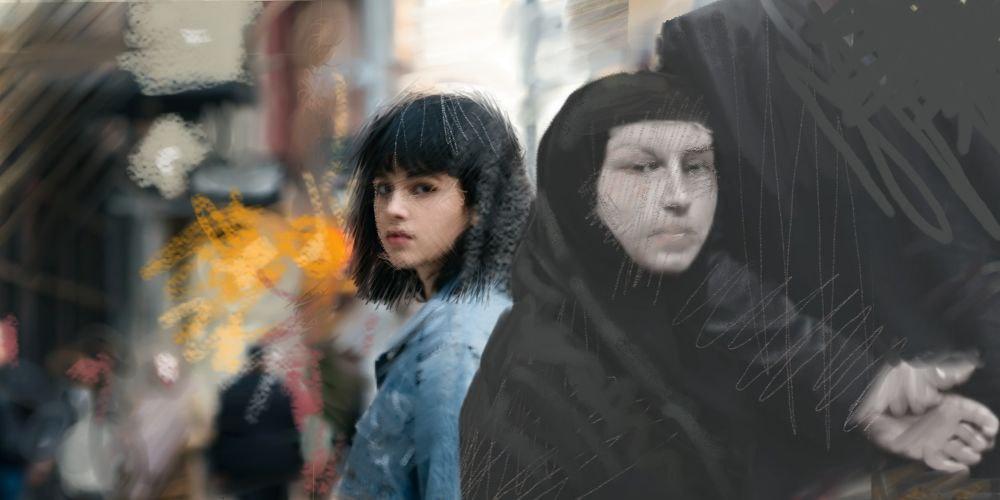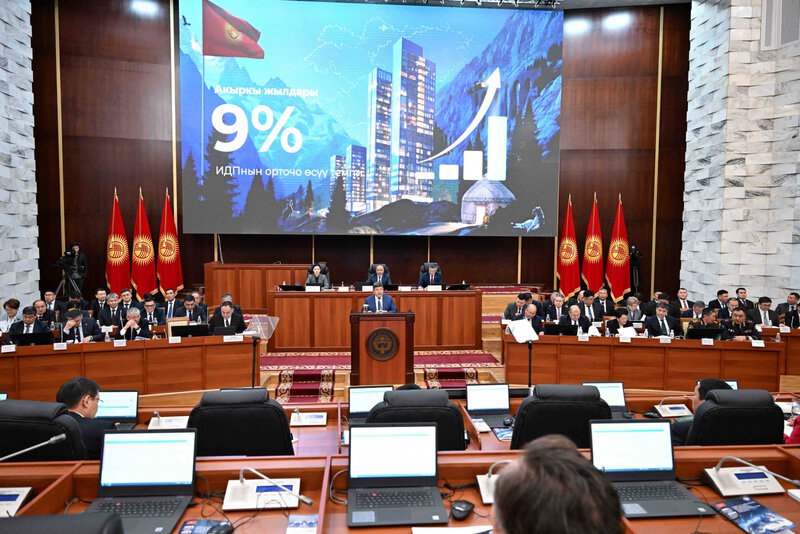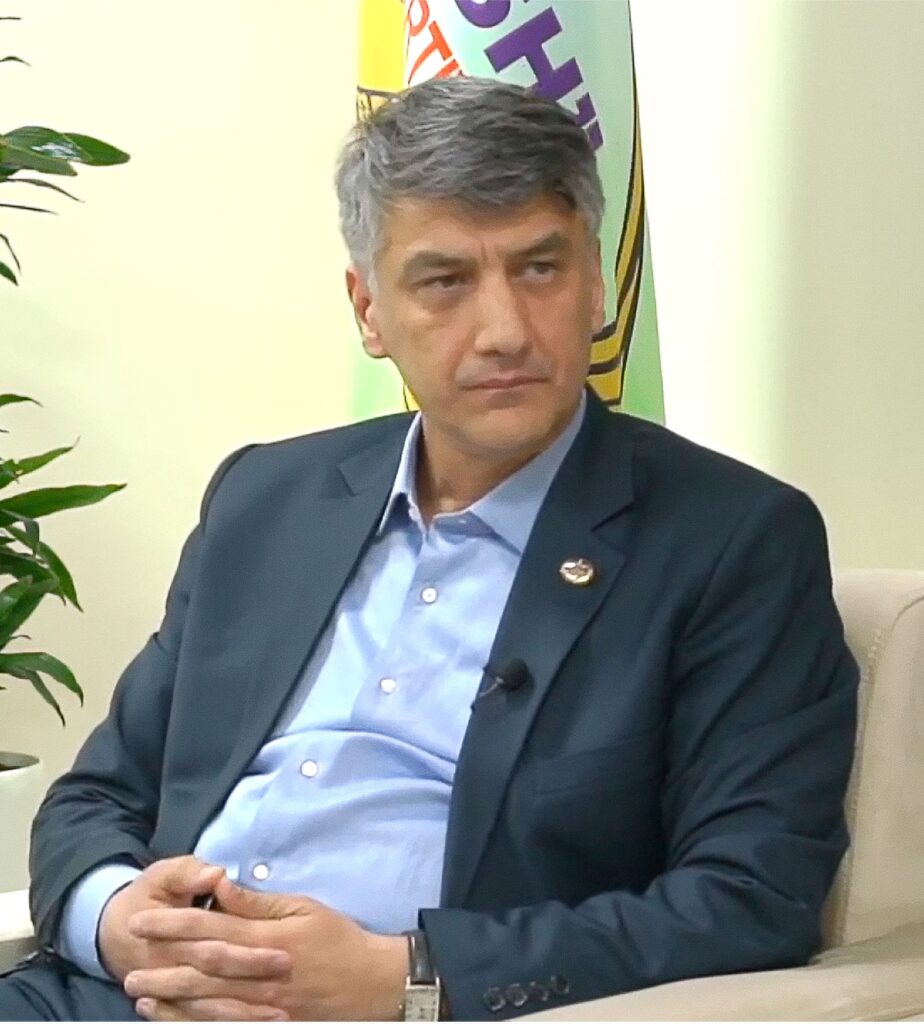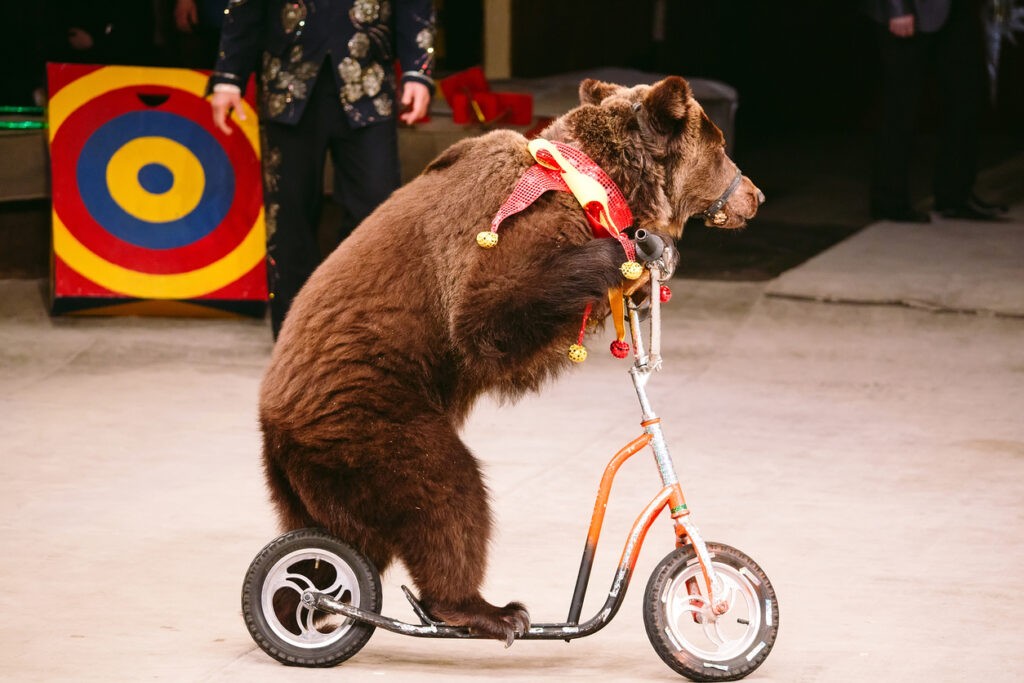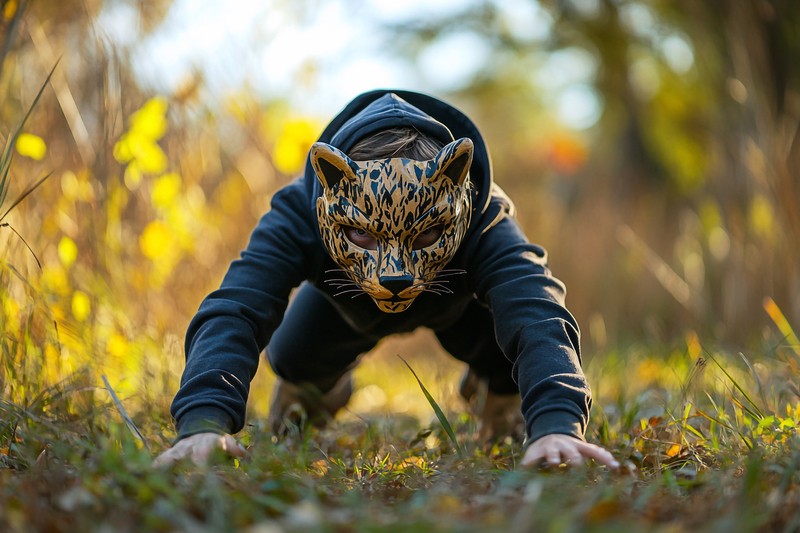#ForSaltanat: The Quest for Justice in Domestic Violence Cases in Kazakhstan
In the spring of 2024, the televised murder trial of Kuandyk Bishimbayev, Kazakhstan’s former Minister of the National Economy, captivated viewers across the country. Bishimbayev was found guilty of the brutal murder of his wife, Saltanat Nukenova, in a restaurant in Astana, and sentenced to 24 years in prison. Comparisons to the O.J. Simpson trial of 1995 were inevitable. Both trials involved a prominent figure — in this case, a politician previously pardoned by President Nursultan Nazarbayev after serving time for corruption — a victim who had endured domestic abuse, and a massive viewership. Bishimbayev's trial underscored public fascination with the case, driven not only by its reality TV appeal but by a growing awareness of deeply ingrained gender inequities, particularly regarding the societal expectations placed on Kazakh women within marriage. The trial’s timing occurred shortly before — and perhaps by no coincidence — new legislation was signed by President Kassym-Jomart Tokayev on April 15, 2024, amending laws to protect the rights and safety of women and children. However, critics noted an omission: a clear, targeted focus on preventing domestic violence. Two Kazakh women, who shared their stories with The Times of Central Asia, revealed the extent to which domestic violence remains embedded in Kazakh society. Rayana, from Astana, and Aliya, a Kazakh student in New York City, have never met, yet their stories echo shared challenges and hopes for change in their home country. Rayana, a beauty industry professional in her mid-twenties, reflected on her brief and tumultuous marriage, which began when she was 23. “I loved my husband, but felt it was too early to marry. We married just four months after meeting, and within a month of living together, I wanted a divorce. He was unfaithful and violent.” When Rayana sought help from her mother-in-law, she was told that her mother-in-law had also been a victim of domestic violence and that she, too, must learn to endure it. “It is worth mentioning that in Kazakhstan the north is very different from the south,” Rayana added. “I'm a northerner, he's a southerner. I had never experienced abuse before, and then for the first time, I felt a panic attack, which I still live with. In the south, people adhere more to traditions and have a negative attitude towards divorce and washing their dirty linen in public. Women keep silent about domestic violence. I can’t say anything about his family’s attitude. I still don’t fully understand.” Having grown up around domestic violence, she believes that one in two families is affected by it. After separating, Rayana’s family offered her support, while her in-laws disapproved, even throwing out her belongings. Rayana’s life since then, however, has vastly improved. “I have been working in the beauty industry for a long time. In our field, at least, climbing the career ladder is not difficult. My first supervisor helped me a lot. He spoke fondly of his wife and cared about his female employees. This gives us faith that there are good men...
